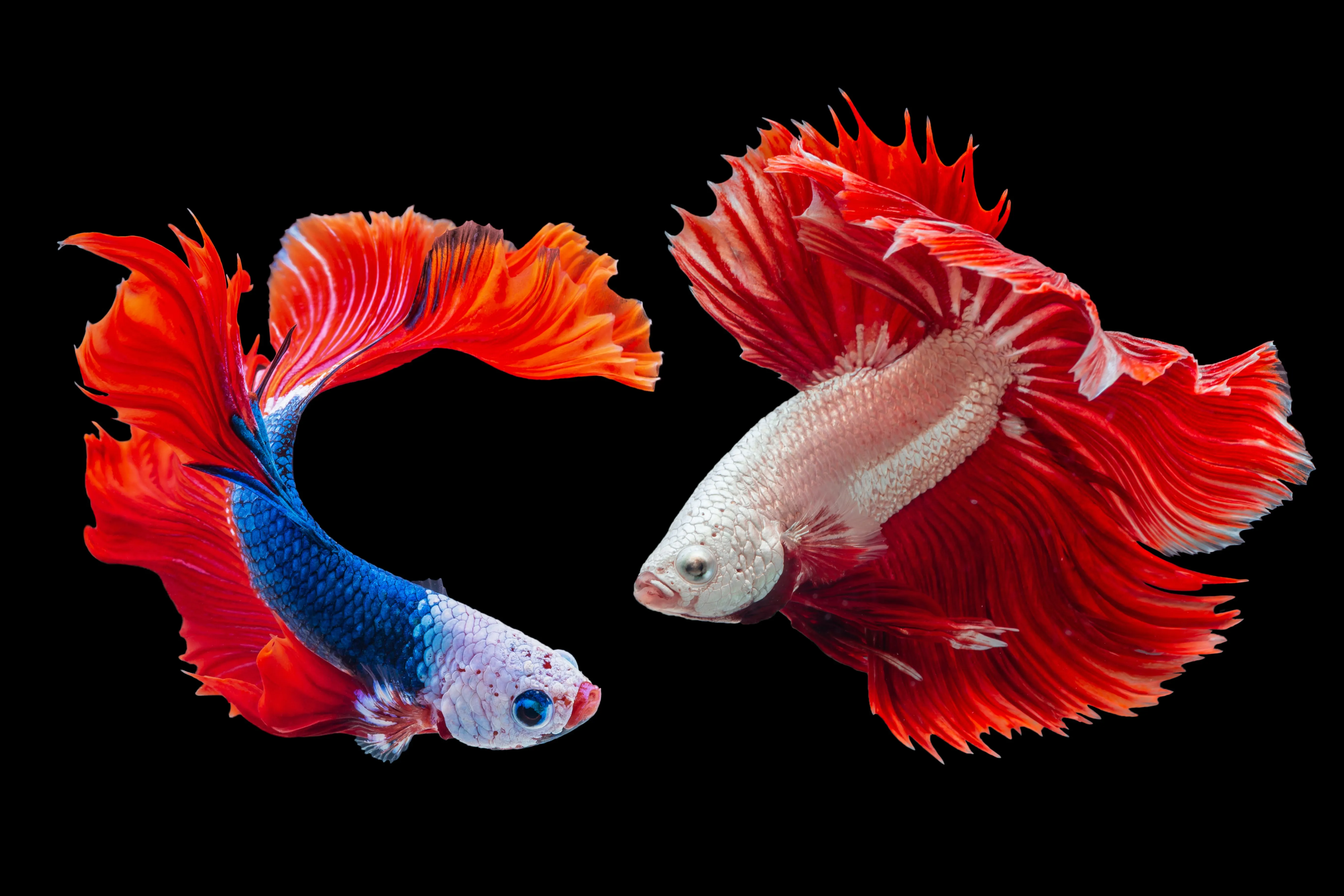Caring for your small animals
All about your Small Animals
Looking after a Rabbit

Looking after a rabbit involves providing them with proper care, nutrition, and a comfortable environment. Here are some essential tips for rabbit care:1. Housing: - Provide a spacious, secure, and well-ventilated enclosure, such as a hutch or an indoor cage. Ensure it has enough room for your rabbit to move, stretch, and stand on their hind legs. - Provide a safe area for exercise outside the enclosure, preferably in a rabbit-proofed space. - Make sure the enclosure is lined with soft bedding material, such as hay or straw, which helps prevent sores on their feet.2. Diet: - Feed your rabbit a balanced diet consisting of hay, fresh vegetables, pellets, and water. - Hay should be the main component of their diet, as it aids in digestion and tooth wear. - Introduce fresh vegetables gradually, starting with small portions (e.g., leafy greens like kale or romaine lettuce). - Provide high-quality pellets formulated specifically for rabbits and limit the amount to prevent obesity. - Always ensure a fresh supply of clean water is available.3. Exercise and Socialization: - Rabbits require regular exercise to maintain good health. - Allow your rabbit supervised time outside their enclosure to explore and hop around. - Provide safe toys and tunnels for mental and physical stimulation. - Spend time with your rabbit daily, as they are social animals and enjoy interaction.4. Health and Care: - Regularly check your rabbit's overall health, including their eyes, ears, teeth, and fur. - Schedule annual veterinary check-ups and keep vaccinations up to date. - Ensure proper grooming by regularly brushing their fur, trimming their nails carefully, and checking for any signs of illness or parasites. - Keep the environment clean to prevent health issues and the spread of diseases.5. Safety: - Rabbit-proof your home by removing potential hazards like toxic plants, electrical cords, and small objects that can be chewed. - Provide a safe and peaceful space, away from noise and other stressful factors.Remember, rabbits are highly sensitive animals, and each rabbit may have specific needs. It's important to consult with a veterinarian experienced in rabbit care for personalized advice and guidance.
Looking after your Guinea Pig

Looking after a guinea pig involves providing them with proper care, nutrition, and a comfortable living environment. Here are some essential tips for guinea pig care:1. Housing: - Provide a spacious cage with a solid bottom, as wire cages can cause injuries to their feet. - Aim for a minimum cage size of 7.5 square feet for one guinea pig, but larger is better. - Line the cage with bedding made of hay, straw, or paper-based materials. - Clean the cage regularly to maintain hygiene and prevent odors.2. Diet: - Offer unlimited amounts of high-quality hay, like Timothy or grass hay, which is essential for their digestive health. - Provide a small amount of plain, fortified guinea pig pellets daily, following the recommended portion size on the packaging. - Offer fresh vegetables (e.g., lettuce, bell peppers, parsley) daily but introduce new foods gradually. - Always provide fresh, clean water in a sipper bottle or a heavy, tip-proof bowl.3. Exercise and Socialization: - Guinea pigs need daily exercise and mental stimulation. - Provide a separate enclosed area or use a playpen for supervised floor-time outside the cage. - Offer toys, tunnels, and hideouts to keep them active and entertained. - Guinea pigs are social animals, so consider adopting at least two to avoid loneliness.4. Health and Care: - Schedule regular veterinary check-ups and ensure vaccinations are up to date. - Trim their nails regularly to prevent overgrowth and discomfort. - Brush their fur gently, especially long-haired breeds, to prevent matting. - Monitor their weight, teeth, ears, and eyes for any signs of illness or discomfort.5. Safety: - Guinea-proof your home by removing hazards like electrical cords, toxic plants, and small objects that can be chewed. - Keep them away from drafts, direct sunlight, extreme temperatures, and loud noises. - Provide hiding spots or shelters in the cage to create a sense of security.Remember, each guinea pig is unique, so it's crucial to observe their behavior and cater to their specific needs. If you have any concerns, consult with a veterinarian experienced in guinea pig care for personalized advice and guidance.
Looking after Fish

Taking care of fish requires attention to their environment, nutrition, and overall well-being. Here are some key tips for fish care:1. Housing: - Choose an appropriate-sized tank or aquarium based on the species and number of fish you plan to keep. Research their specific requirements. - Install a proper filtration system to maintain water quality and remove waste. Regularly clean or replace the filter media according to the manufacturer's instructions. - Ensure the tank is properly heated and maintained at the appropriate temperature range for the species of fish. - Decorate the tank with ornaments, plants, and hiding spots to provide a stimulating and natural environment.
2. Water Quality: - Regularly test the water parameters (pH, ammonia, nitrite, nitrate) using test kits suitable for your fish species. - Perform partial water changes regularly to remove toxins, maintain water quality, and replenish important minerals. The frequency and amount of water changes will depend on the size of the tank and number of fish. - Use a dechlorinator to remove chlorine and other harmful chemicals from tap water before adding it to the tank.3. Feeding: - Feed fish a balanced diet suitable for their species. Different fish have different dietary needs, so research their specific requirements. - Offer a mix of high-quality flake, pellet, freeze-dried, and live foods to provide a varied diet. - Feed only what the fish can consume in a few minutes, once or twice a day. Overfeeding can lead to poor water quality and health issues.4. Tank Maintenance: - Regularly clean the tank, including removing debris, uneaten food, and excessive algae. - Monitor the water temperature, filter, and equipment regularly to make sure they are working properly. - Perform regular water tests, check for any signs of illness or stress, and address any issues promptly.5. Observing Behavior and Health: - Watch for any changes in behavior, appetite, or appearance of fish, as these could indicate illness or stress. - Separate sick or injured fish into a quarantine tank to provide specialized care and prevent the spread of disease. - Consult with a qualified aquatic veterinarian if you notice any persistent health issues or need professional advice.Remember, the specific care requirements of fish can vary greatly depending on their species. Research the needs of the particular fish you plan to keep, and consult with experts or fellow fish enthusiasts to ensure the best care for your fish.
Kitty Litter for cats

Some factors to consider when choosing a cat litter:1. Clumping ability: Clumping litter makes it easier to scoop out waste and keep the litter box clean.2. Odor control: Some litters are designed to absorb and neutralize odors better than others.3. Dust level: Some litters produce more dust than others, which can be a problem for cats with respiratory issues or for people with allergies.4. Natural or synthetic: Some people prefer natural litters made from materials like wood, paper, or corn, while others prefer synthetic litters made from clay or crystals.5. Price: Litter prices can vary widely, so consider your budget when choosing a litter.Ultimately, the best litter for your cat will depend on their preferences and your own personal preferences and priorities. It may take some trial and error to find the right litter for your cat.
Grooming dogs

